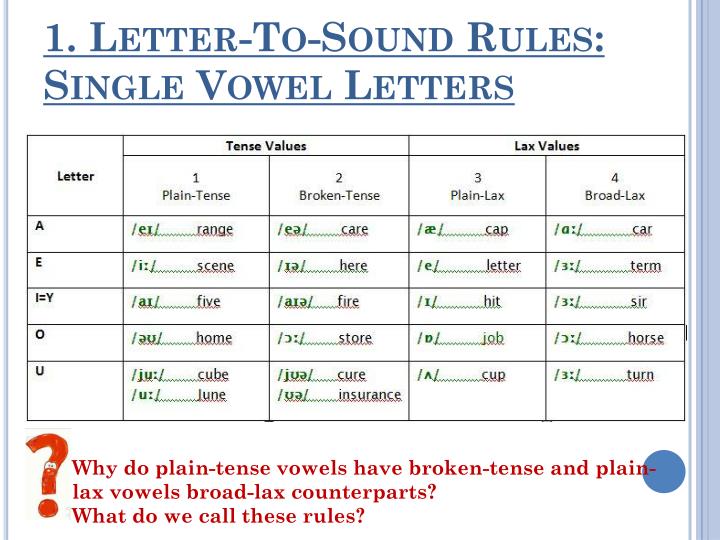
Consonants represent sounds that are blocked vowels represent sounds that are not blocked. Letters and speech sounds are divided into two categories: sounds where the air is blocked by the lips, tongue, or throat before leaving the mouth and sounds where the air is not blocked. In this section, the aim is to provide enough simple knowledge and guidance to enable teachers and parents to help their children.Grammarly helps you communicate confidently Write with Grammarly What are vowels? With phonics, the aim is to use aspects of phonetics to help make it easier for children who are learning to read and write. It is extremely complicated and it is different to phonics. Part of that study involves the vowels and consonants. Phonetics is the study of the sounds of human speech. Part 3 – Synthetic phonics introduced more widely Part 1 – Two changes in the method of teaching Materials to ‘Help with reading and writing problems’.Materials to ‘Help with reading and writing problems’ Materials for ‘Teaching children to read and write’.Materials for ‘Teaching children to read and write’ Interesting articles, blogs, books and research.Interesting articles, blogs, books and research Grammar Pupil Books Grammar Teacher's Book Part 3 – Decodable readers – when should they start?Īudio guide to the pronunciation of the letter sounds Part 2 – Information about decodable readers Part 1 – Decodable readers – what are they? Part 3 – Guidance linked to vowel patterns Part 3 – Problems linked to the complex code Part 2 – Main reasons for the complex code

Part 1 – Historical influences on the English alphabetic code Part 3 – Parental support and understanding Part 5 – Intervention teaching and testing Part 4 – Training the brain to process words Part 3 – Problems with four of the phonic skills Part 2 – Finding gaps in phonic knowledge and skills Part 1 – Using tests to identify problems

Part 5 – Intervention activities for segmenting and learning tricky words Part 4 – Intervention activities to support blending Part 3 – Letter-sound intervention in small groups Part 2 – Preparing for intervention teaching Part 1 – Early identification of problems Preventing reading and writing problems.Part 3 – Problems with whole-word memorising Part 3 – Decodable readers and writing skills Part 1 – Introducing 16 new alternative spellings Part 2 – Decodable readers and tricky words Part 1 – Introduction of 6 alternative spellings Part 3 – Capital letters and decodable readers Part 1 – Introduction of 12 new letter sounds Part 2 – Developing the skill of blending Part 1 – Introduction of 18 letter sounds Part 2 – Simple overview of the English alphabetic code

Part 1 – Skills needed for reading and writing


 0 kommentar(er)
0 kommentar(er)
